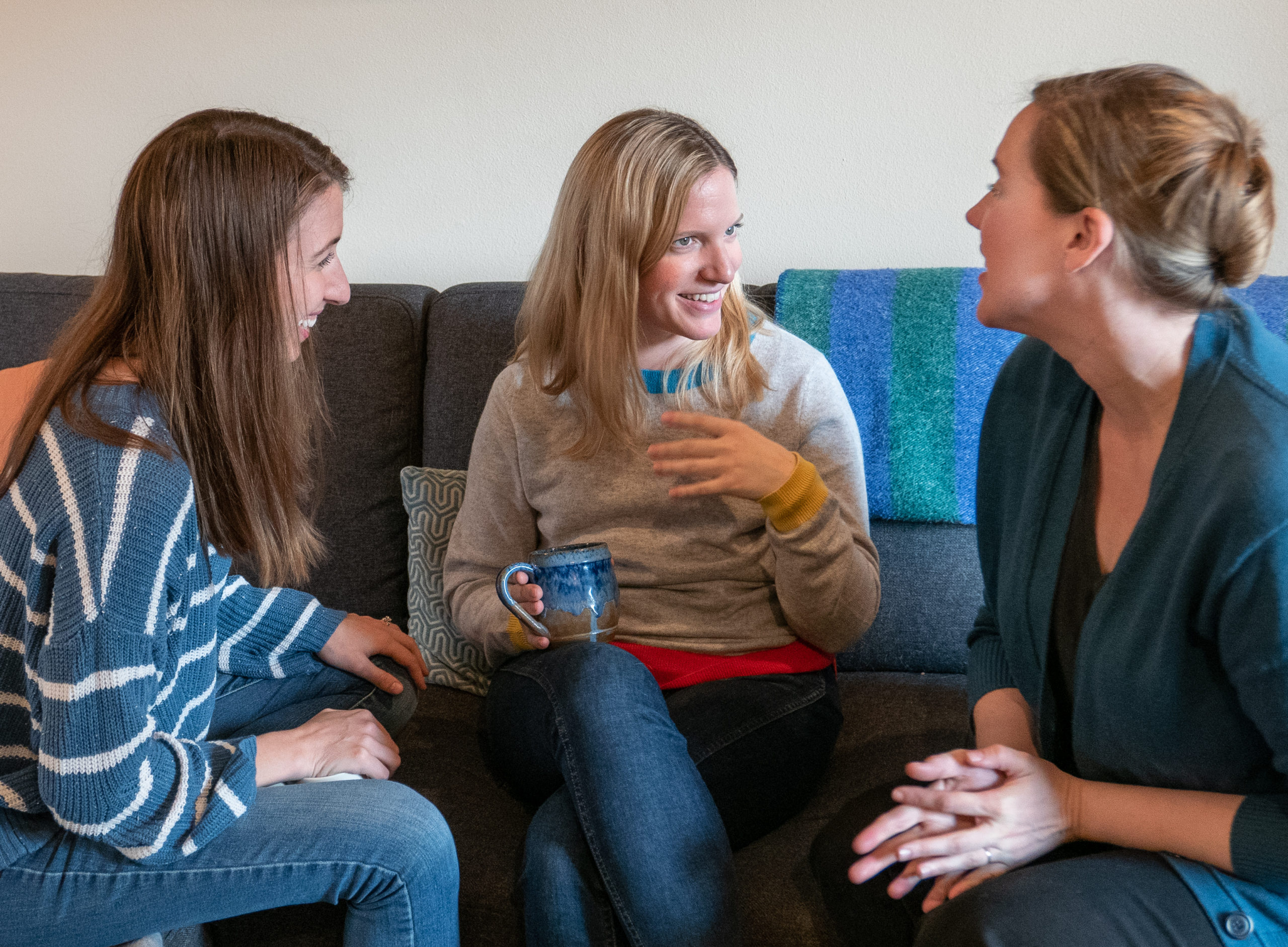Democracy Relies On Conversation
Toxic polarization is tearing this country apart, and we increasingly see folks who don’t share our views as the enemy. That’s a serious problem when it comes to the civil discourse we need for progress. And when this plays out within families, it’s heartbreaking. We all need to be a part of the solution. You can play an important role by having brave conversations with the people in your life.
This can feel daunting, but there are tips and tools to help you get started. We’ve learned a lot from the principles of deep canvassing on how to meaningfully connect with voters, and these same ideas can be applied to everyday life as well. Whether you’re attempting to connect on issues that matter to you or just trying to understand a friend or relative better, consider these suggestions for productive conversations that can move us all forward.
- Ask open-ended questions. Questions like, “How did you come to that perspective?” can reduce misunderstandings and bring new viewpoints into the room.
- Speak from your values. Sharing the values behind your beliefs sets the stage for understanding rather than debate.
- Avoid fact battling. It’s more effective to inspire self-reflection than to argue about a specific issue. “I can tell you really value [relevant value]” is a good tool to redirect a conversation. Follow up with genuine curiosity and questions that surface how they see their values reflected in their position.
- Invite everyone in the conversation to share their stories. We all have stories that shape who we are. Sharing these can strengthen our connections and build empathy. Remember, your feelings and lived experiences are valid, and so are those of the folks around you.
- When you can, identify the common ground. Naming shared beliefs helps build mutual respect, even when we disagree. Affirm where you authentically can to build connection, but don’t be afraid to also notice and name when you see things differently.
- Remember to breathe. Let’s be honest, brave conversations are necessary, but they are also stressful. Taking care of yourself is important and it’s always ok to step away if things aren’t moving in a productive direction.






